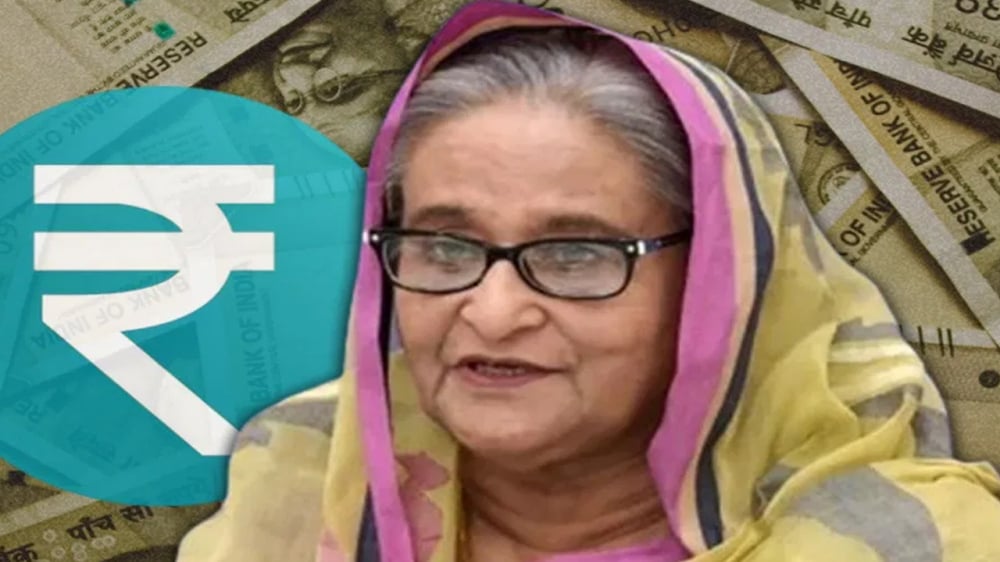
There is a rebellion going on in the neighboring country Bangladesh. Prime Minister Sheikh Hasina has been forced to resign and she has now left her country and is in India. On the other hand, the army has taken over the front in Bangladesh and has announced the formation of an interim government, while in India an all-party meeting is being held to find ways to deal with the crisis. In such a situation, the big question is whether this crisis in Bangladesh is harmful or beneficial for the Indian economy?
India and Bangladesh are known as the strongest allies in the whole of South Asia. In the last 10 years, the relations between the two countries have reached new heights. Bilateral trade between the two is estimated to be around $13 billion in the financial year 2023-24. In such a situation, the impact of the coup in Bangladesh is bound to affect the business.
How much difference will there be between the businesses of both?
India had invited Bangladesh as an observer country in the G-20 summit last year. After this, talks on a free trade agreement (FTA) between the two started in October 2023. According to the World Bank, both countries would have benefited from this FTA. This will increase Bangladesh's exports to India by 297%, while India's FTA will also increase by 172%. However, what will be the outline of this agreement in the new circumstances will be known only in the future.
If we talk about India's imports and exports, the biggest blow can be to India's cotton business and its exports. India exports cotton worth about $2.4 billion to Bangladesh every year. According to the data of the Ministry of Commerce, Bangladesh's share in India's total cotton exports in the financial year 2012-13 was only 16.8%. By the financial year 2023-24, Bangladesh's share will increase to 34.9%.
Apart from cotton, India supplies fuel to Bangladesh. This is the second largest share of India's exports to Bangladesh. Apart from this, Indian companies have a big presence in the Bangladesh market. Adani Wilmar, a company of the Adani Group, owns the largest cooking oil brand in Bangladesh. Indian auto companies also export there on a large scale.
The trade market was collapsing even before the coup
India-Bangladesh can become the strongest trading and political partners. However, trade between the two countries has been declining for some time now. A major reason for this is the economic crisis in Bangladesh, which is one of the many reasons for the rebellion there. Bangladesh is India's 8th largest export partner, but India's exports to Bangladesh fell by about 9.5 percent in FY 2023-24.
While imports from Bangladesh have also decreased by 8.7 percent. Not only this, exports from Bangladesh to India saw a decline of 24.4% year-on-year in the financial year 2022-23. Perhaps this is why experts are calling FTA between the two countries necessary.
What will happen to Zara and H&M, will India benefit?
It cannot be said that only India will have to bear the brunt of the current situation in Bangladesh. The reason for this is India's significant participation in the garment industry. Bangladesh is currently one of the largest garment exporters in the world. Clothes of big popular fashion brands like Zara and H&M are mostly manufactured in Bangladesh. The garment or apparel industry accounts for 83% of Bangladesh's total exports.
Bangladesh is the world's third largest garment exporter. But the current unrest may have an adverse effect on Bangladesh's garment industry. This may benefit China, but it is also a big opportunity for India. India is the world's sixth largest garment exporter. In such a situation, India can take advantage of this opportunity and strengthen its position.
 look news india
look news india